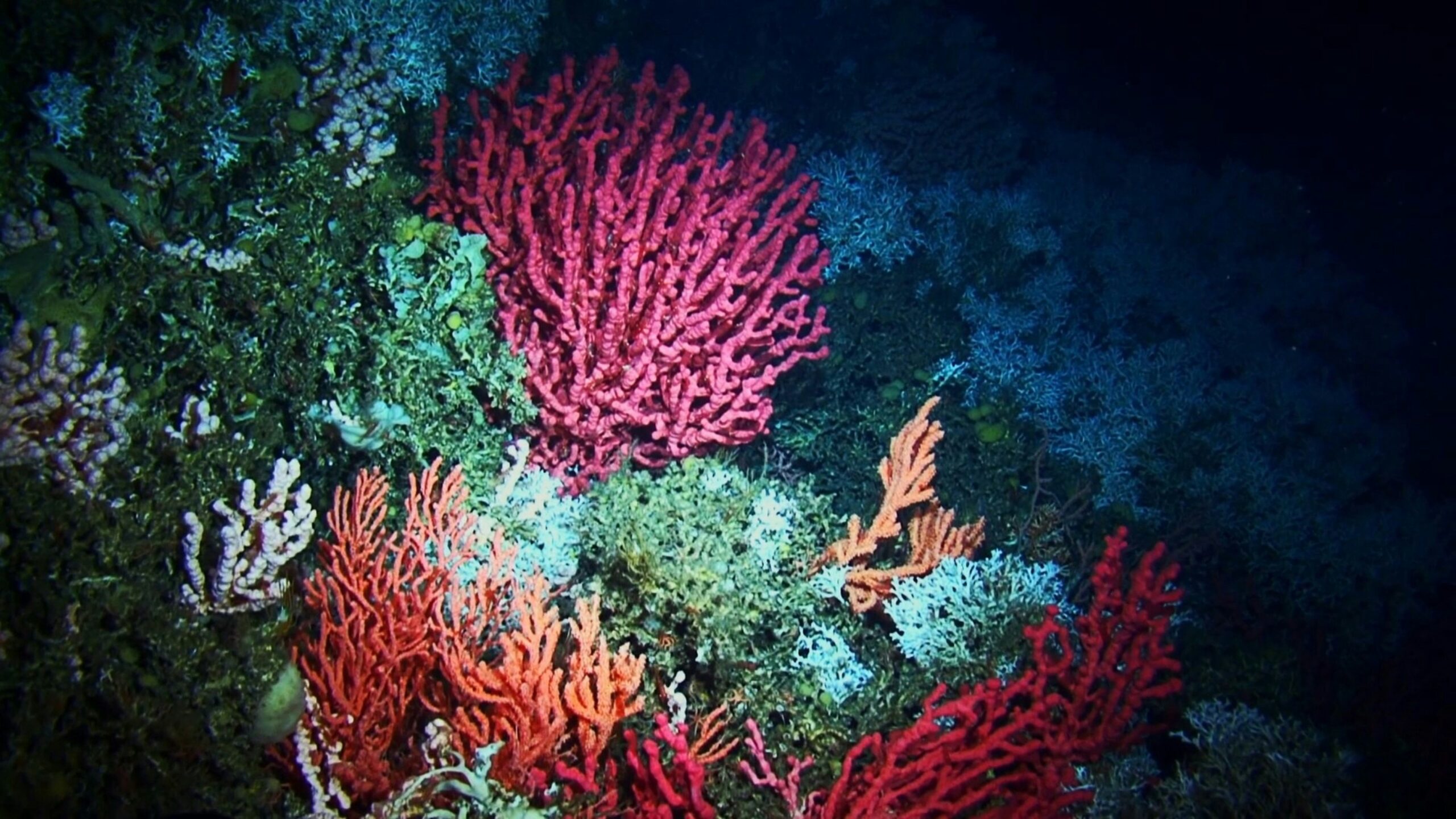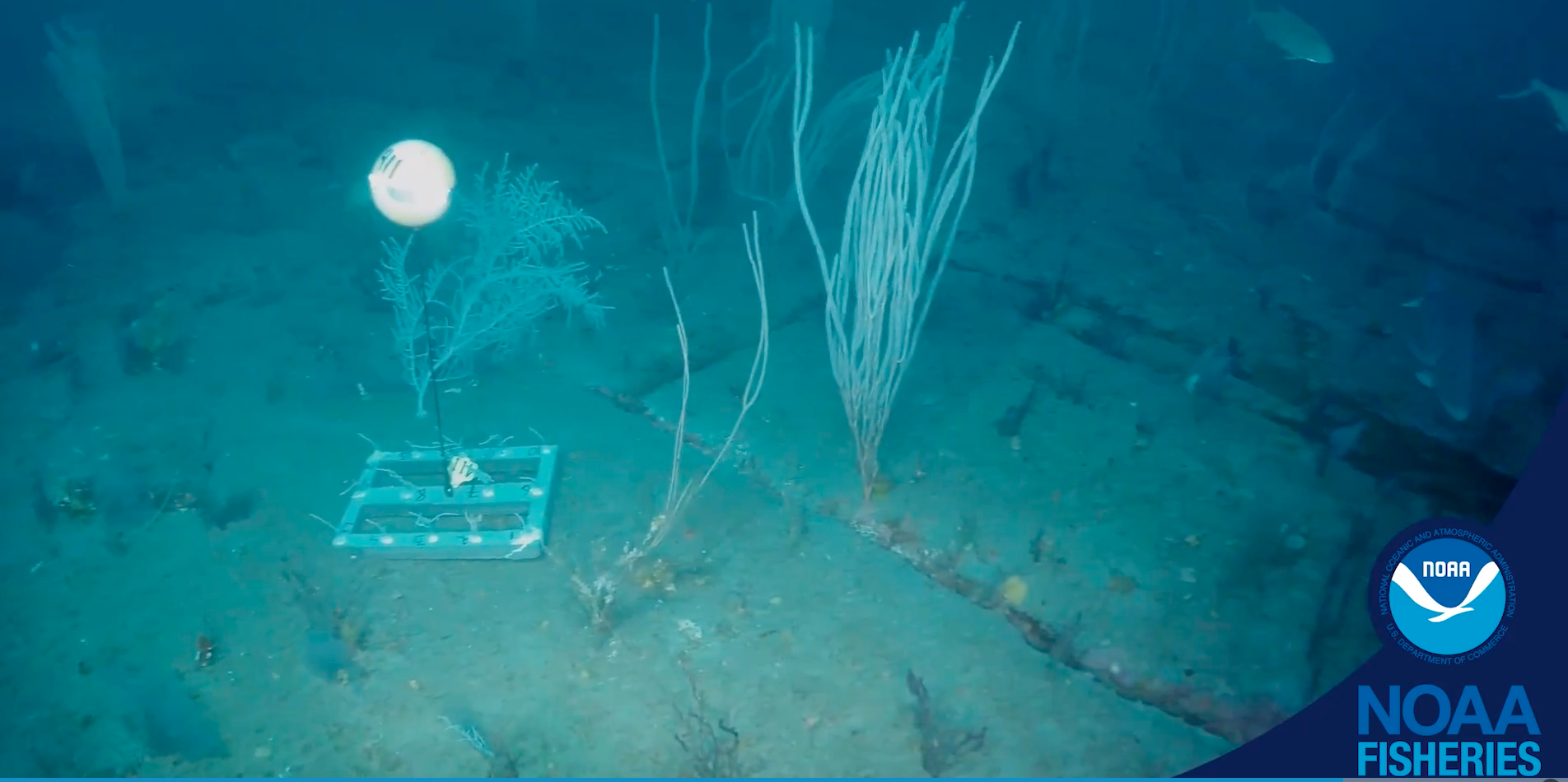Image: Deep sea corals – Oleksandr Sushko
Fifteen years after the Deepwater Horizon disaster, scientists are pioneering efforts to revive ancient coral ecosystems damaged by the spill.
In a significant stride for marine conservation, U.S. scientists have embarked on an ambitious project to restore deep-sea coral habitats in the Gulf of Mexico, severely impacted by the 2010 Deepwater Horizon oil spill. This initiative represents one of the first large-scale attempts to rehabilitate deep-water coral ecosystems globally.
The Deepwater Horizon spill, the largest in U.S. history, released approximately 134 million gallons of oil into the Gulf, devastating marine life and habitats. Among the most affected were the deep-sea coral communities residing in the mesophotic zone—depths ranging from 30m to 150m – with levels of sunlight too low for photosynthesis.
These corals, some of which are over 2,000 years old, form complex structures that provide essential habitats for various marine species. Their slow growth rates mean that damage can take centuries to repair naturally. Recognising this, the National Oceanic and Atmospheric Administration (NOAA) and partner organisations initiated a restoration programme involving the cultivation and transplantation of coral fragments.
In May 2023, the first direct coral replanting occurred, with nearly 200 fragments from three coral species placed 70m below the surface off Pensacola, Florida. Monitoring indicates promising survival rates between 60% and 90%, varying by species and environmental conditions. Notably, this project also achieved the first successful spawning of deep-sea corals in captivity, producing over 1,000 juvenile corals for future transplantation.
Video: Corals Take a Ride on a ‘Deep Sea Elevator’ – Deepwater Horizon Restoration
The restoration efforts employ advanced techniques, including the use of remotely operated vehicles and specialised diving equipment, to plant corals at depths beyond traditional scuba limits. Laboratories in Texas, South Carolina, and Florida are cultivating corals in controlled environments to support ongoing restoration activities.
Despite these advancements, challenges remain. Deep-sea corals continue to face threats from climate change, commercial fishing, agricultural runoff, and the risk of future oil spills. Between 2021 and 2022 alone, nearly 1,000 oil spills were reported in U.S. waters, underscoring the vulnerability of marine ecosystems.
The project is funded through a portion of the $20 billion settlement paid by BP following the Deepwater Horizon spill, with $126 million allocated specifically for deep-sea coral restoration. As the initiative progresses, it will gather important lessons learned and could serve as a model for deep-sea restoration efforts worldwide, highlighting the importance of proactive measures to protect and rehabilitate vulnerable marine habitats.

